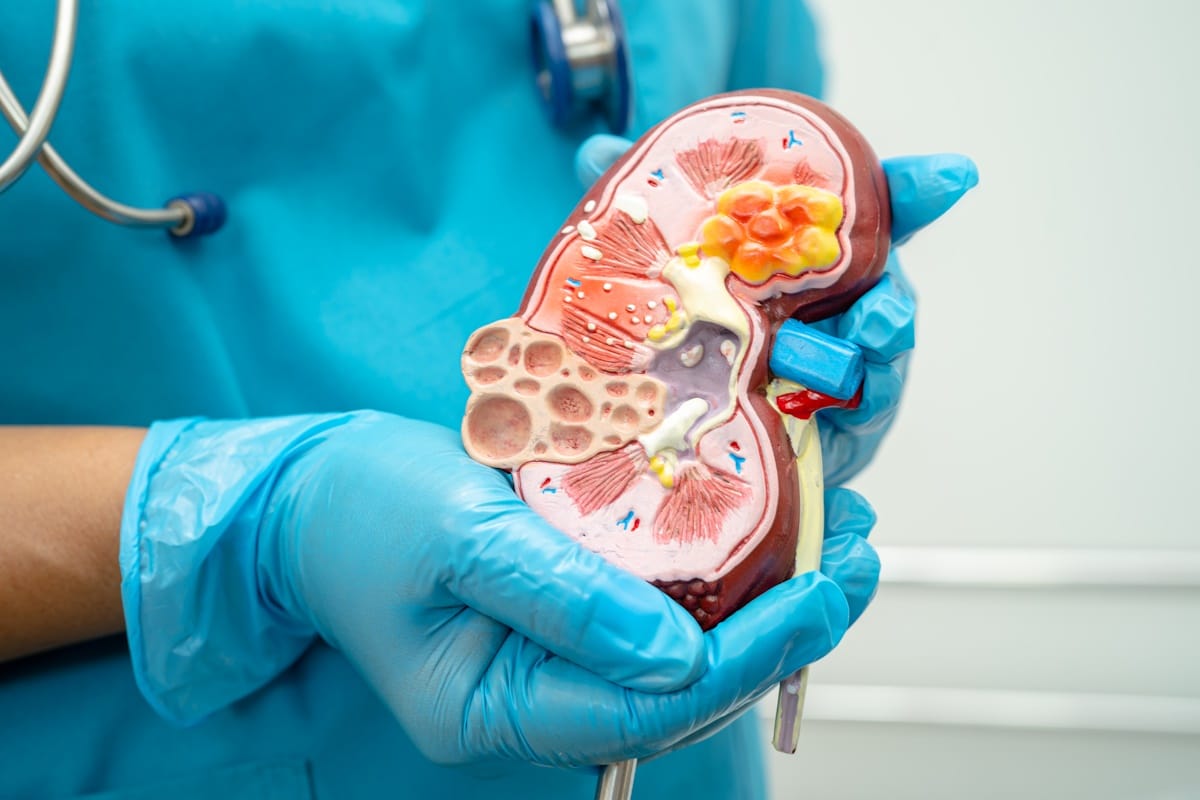While conversations about health often cover various aspects, one crucial area that is sometimes overlooked is your urological health. Understanding the signs and symptoms of common urologic diseases is essential for maintaining male reproductive and urinary tract health. Paying attention to warning signs that could lead to serious medical problems down the line is crucial.
That’s why before urological conditions can escalate, it’s best to consult with a highly trained urologist who can address potential issues before they get worse.
Urine Troubles: Decoding the Signals
Examining your urological health begins with paying attention to your urinary habits. Painful urination, frequent or difficult urination, and visible blood in the urine are significant signs.
Men experiencing painful urination could be the result of a mild health condition or a sexually transmitted disease such as chlamydia or genital herpes. Seeing a urologist can help distinguish the root cause while providing the necessary treatment.
Another common urinary issue for men is urinary frequency or trouble with peeing. It could be caused by benign prostatic hyperplasia (BPH), which can be treated with prescription medications or other factors that may involve making changes to your diet, lifestyle, or exercise routine.
Blood in the urine is always unsettling as it could indicate bladder, kidney cancer, or possibly advanced prostate cancer. Men with this condition should immediately make an appointment with a urologist who will help diagnose the condition by using an X-ray, CT scan, or cystoscopy.
Irregularities with Your Kidney
Addressing urinary issues often involves considering the health of the kidneys. Inflammation or the presence of kidney stones can lead to discomfort during urination. While urologists are not kidney specialists, their expertise in understanding the urinary tract proves crucial in managing kidney-related concerns.
Abnormalities in the Prostate
The prostate, a vital organ between the bladder and penis, requires attention as men age. Regular examinations, including tests for prostate cancer, become essential in one’s 40s. Early detection is emphasized, and urologists play a crucial role in ensuring proactive measures against prostate-related issues.
Performance Problems in the Bedroom
Beyond sexual performance, erectile dysfunction can signal underlying potential connections between cardiovascular problems like high blood pressure, renal failure, and type 2 diabetes. Urologists not only address these concerns but also rule out sexually transmitted infections.
Conclusion
Prioritizing male health involves recognizing the pivotal role of urologists. Whether experiencing urinary problems, kidney irregularities, prostate concerns, or performance issues, consulting a local urologist is the first step towards a healthier you. This article encourages individuals to be proactive about their urological health, fostering early detection and effective management of common diseases.
Dr. David Samadi is the Director of Men’s Health and Urologic Oncology at St. Francis Hospital in Long Island. He’s a renowned and highly successful board certified Urologic Oncologist Expert and Robotic Surgeon in New York City, regarded as one of the leading prostate surgeons in the U.S., with a vast expertise in prostate cancer treatment and Robotic-Assisted Laparoscopic Prostatectomy. Dr. Samadi is a medical contributor to NewsMax TV and is also the author of The Ultimate MANual, Dr. Samadi’s Guide to Men’s Health and Wellness, available online both on Amazon and Barnes & Noble. Visit Dr. Samadi’s websites at robotic oncolo gy and prostate cancer 911.


